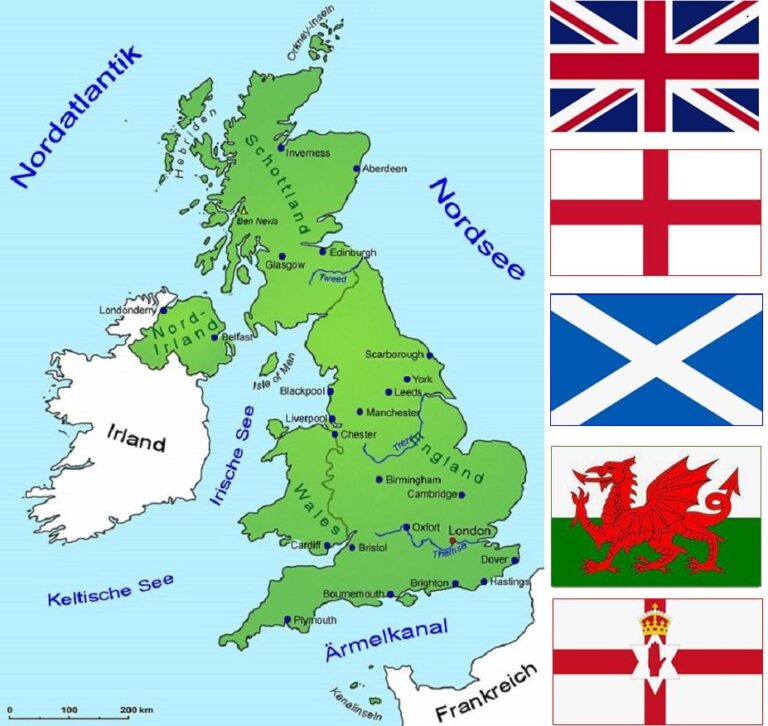The United Kingdom, France, and Germany have jointly announced the reimposition of sanctions against Iran, marking a significant escalation in Western efforts to address ongoing concerns over Tehran’s nuclear program and regional activities. The coordinated move, reported by Atalayar, underscores mounting tensions as European powers seek to reinforce diplomatic pressure amid stalled negotiations. This latest development signals a renewed commitment to curbing Iran’s ambitions while navigating the complex geopolitical landscape of the Middle East.
United Kingdom France and Germany Reimpose Sanctions on Iran Responding to Nuclear Concerns
The governments of the United Kingdom, France, and Germany have jointly announced a renewed enforcement of economic sanctions targeting Iran, reflecting escalating concerns over Tehran’s nuclear activities. This move marks a significant shift in diplomatic relations as Western powers seek to apply increased pressure to curtail Iran’s uranium enrichment and nuclear development programs deemed non-compliant with international agreements. The decision underscores a unified European stance aimed at reinforcing the credibility of the non-proliferation regime while responding to intelligence reports indicating potential advancements in Iran’s nuclear capabilities.
Key elements of the reimposed sanctions include:
- Asset freezes targeting individuals and entities linked to Iran’s nuclear sector
- Trade restrictions on materials and technology that could facilitate nuclear advancement
- Enhanced monitoring of Iranian financial transactions to prevent circumvention of sanctions
| Sanction Type | Scope | Expected Impact |
|---|---|---|
| Financial Restrictions | Freezing assets of nuclear affiliates | Disrupt funding channels |
| Trade Limitations | Ban on dual-use technology exports | Halt equipment procurement |
| Diplomatic Measures | Travel bans on key figures | Increase political pressure |
Impact of Renewed Sanctions on Iran’s Economy and Regional Stability
The renewed sanctions imposed by the United Kingdom, France, and Germany are expected to exacerbate the economic challenges already facing Iran. With key sectors such as oil exports, banking, and technology once again targeted, Tehran’s ability to generate revenue and engage in international trade will be severely constrained. Economic indicators are likely to reflect increased inflation, currency devaluation, and a rise in unemployment rates, further straining the living conditions of ordinary citizens. Additionally, restrictions on financial institutions aim to curtail Iran’s access to global markets, complicating the government’s efforts to stabilize the economy amidst ongoing geopolitical tensions.
Beyond the economic sphere, the sanctions carry significant implications for regional stability. By increasing financial pressure on Iran, these measures may influence Tehran’s strategic decisions, potentially heightening tensions with neighboring countries and complicating diplomatic efforts. The ripple effects include:
- Heightened security concerns across the Persian Gulf and Middle East corridors.
- Potential disruption of energy supplies to global markets, raising oil price volatility.
- Amplification of proxy conflicts involving Iran-backed groups in the region.
The evolving geopolitical dynamics underscore the delicate balance between enforcing punitive measures and maintaining a viable pathway for dialogue and stability.
| Sanction Target | Effect | Regional Impact |
|---|---|---|
| Oil Exports | Sharp decline in revenue | Global oil price fluctuations |
| Financial Institutions | Limited international transactions | Reduced economic cooperation |
| Technology Sector | Access restrictions to key technologies | Slowdown in industrial development |
Strategic Recommendations for Diplomatic Engagement and Multilateral Cooperation
To enhance the effectiveness of the newly reimposed sanctions on Iran, it is crucial for the United Kingdom, France, and Germany to deepen their diplomatic engagements with key international stakeholders. Coordinated dialogue with both regional partners and global powers such as the United States, China, and Russia can foster a unified front that mitigates the risks of sanctions evasion. Additionally, leveraging platforms like the United Nations and the European Union will help sustain pressure while promoting transparency and accountability across affected sectors. Emphasizing open communication channels can also minimize misunderstandings and allow for calibrated adjustments based on Iran’s responses.
Multilateral cooperation should be strengthened through targeted initiatives, including:
- Joint monitoring mechanisms for sanction enforcement among allied countries.
- Enhanced intelligence-sharing agreements to track illicit financial flows.
- Collaborative humanitarian exceptions ensuring that sanctions do not impede essential supplies.
- Regular diplomatic summits aimed at aligning policy goals and addressing emerging challenges.
| Strategic Focus | Objective | Key Partners |
|---|---|---|
| Diplomatic Coordination | Unified international stance | EU, UN, US, China, Russia |
| Sanction Enforcement | Effective compliance monitoring | Intelligence agencies, Financial networks |
| Humanitarian Safeguards | Protect civilian needs | NGOs, UN agencies |
The Conclusion
As the United Kingdom, France, and Germany move to reimpose sanctions on Iran, the geopolitical landscape in Europe and the Middle East faces renewed tensions. These measures underscore the trio’s commitment to curbing Iran’s nuclear ambitions and addressing regional security concerns. The international community will be closely watching how Tehran responds to this renewed pressure, as well as the broader implications for diplomatic relations and global stability.




